Why CPAP humidifiers need distilled wáter
Humidity at satisfactory levels is not only good for our organism, but also for the atmosphere in our homes. In order to maintain a constant relative humidity in an enclosed space or room, humidifying devices are used to humidify the air. Cpap humidifiers contain distilled water which is transformed into vapour on its way outside, thus ensuring that the environment is always humid at normal levels.
But what is this distilled water? The ideal relative humidity should be maintained at 30% to be optimal. In the case of CPAP humidifiers, we find that they require distilled water. Any idea why? You may be surprised at the benefits of opting for this solution, plus the lifespan of a humidifier is greatly increased.
Reasons why CPAP humidifiers should contain distilled water
Winter usually brings dryness of the environment with decreased humidity. This can cause various health problems. This is the case with problems in the respiratory tract, mucous membranes, dry skin and eye irritation. In these cases humidifiers can be very practical, but if they are additionally used with distilled water the advantages will be multiplied. In fact, their benefits will be much greater.
CPAP humidifiers require distilled water, thus eliminating the risk of excess mineral particles being released from the air reservoir which could cause the humidifier to have a shorter useful life. In addition, micro-organisms in tap water can leave limescale deposits which can lead to the end of the humidifiers useful life. This is another reason to use distilled water.
When the environment is excessively dry, we may have health problems and if we use tap water we may damage the humidifier. On the other hand, it is recommended to avoid the appearance of mould as we may have collateral health problems. We should never forget that any health problem can be aggravated by excess or lack of humidity.
Why else do we use distilled water in CPAP humidifiers?
As we mentioned earlier, distilled water contains fewer particles and germs than those in tap water. It also does not contain as much limescale and therefore does not remain trapped in the pores of the humidification system’s sponge. CPAP humidifiers have the great advantage of also being intended to relieve congestion and dryness in the environment. Thanks to their acclimatised air tube, these humidifiers temper the air, providing great comfort for those with persistent breathing problems or apnoea.
Did you know that CPAP humidifiers are also products designed to treat sleep apnoea? Remember that sleep apnoea is a sleep obstruction that causes a collapse of the airways, so that sleep worsens with loud, noisy breathing and snoring. It is multi-causal, although obesity, respiratory diseases and other causes make it worse.
CPAP humidifiers can complement a treatment after the patient is referred to the specialist who determines it. This is one of many actions that may exist for these people, as it can facilitate their breathing during the night. Remember that if you experience tiredness, headache, sleepiness, apnoea, sexual dysfunction, hypertension or irritability after a sleep which should be restful, you could be suffering from sleep apnoea.
Terapia CPAP Portugal
Latest posts by Terapia CPAP Portugal (see all)
- Sleep apnea with other illnesses - 21 de July de 2023
- What is an oxygen concentrator and what is it for? - 23 de June de 2023
- Sleep apnea machine - 5 de December de 2022
- Difference between CPAP and BIPAP - 22 de November de 2022
- Narval CC mandibular advancement for sleep apnea - 14 de November de 2022



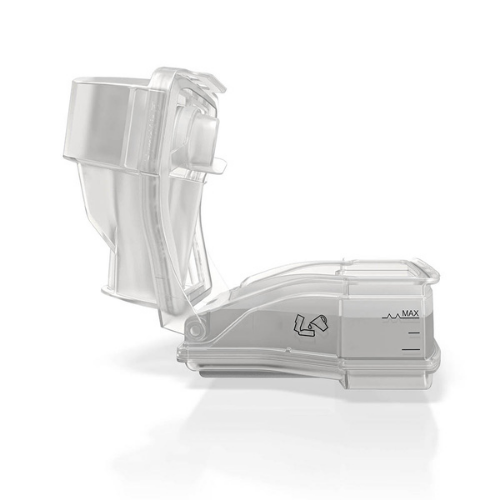
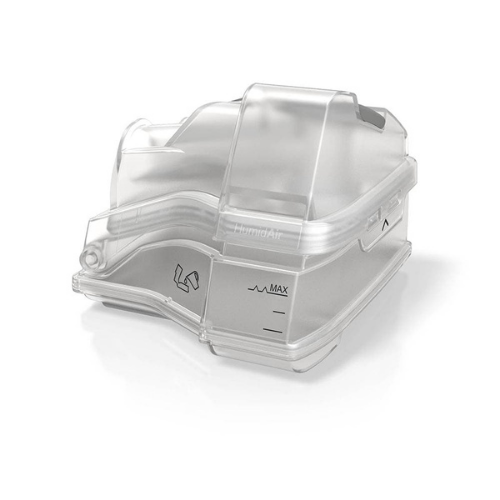


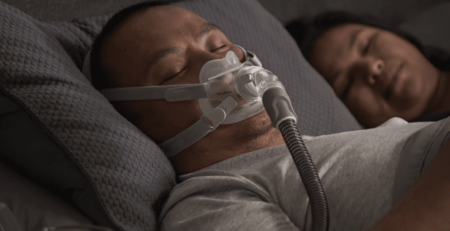
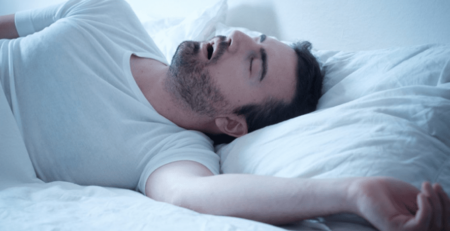

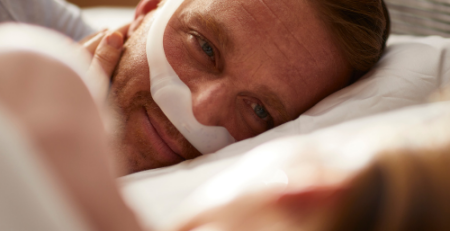
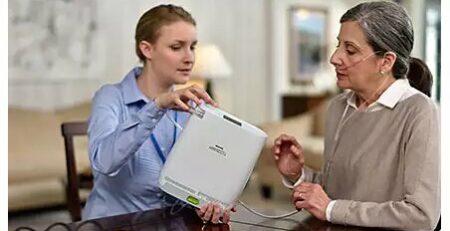
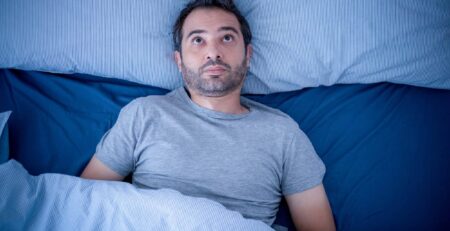
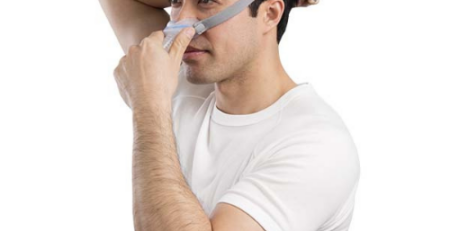
Leave a Reply